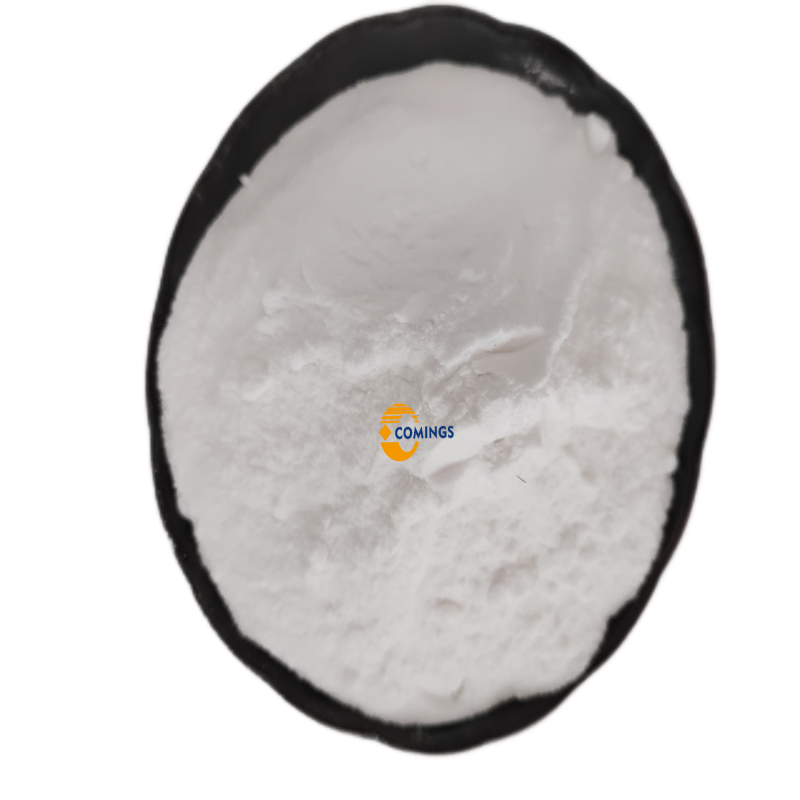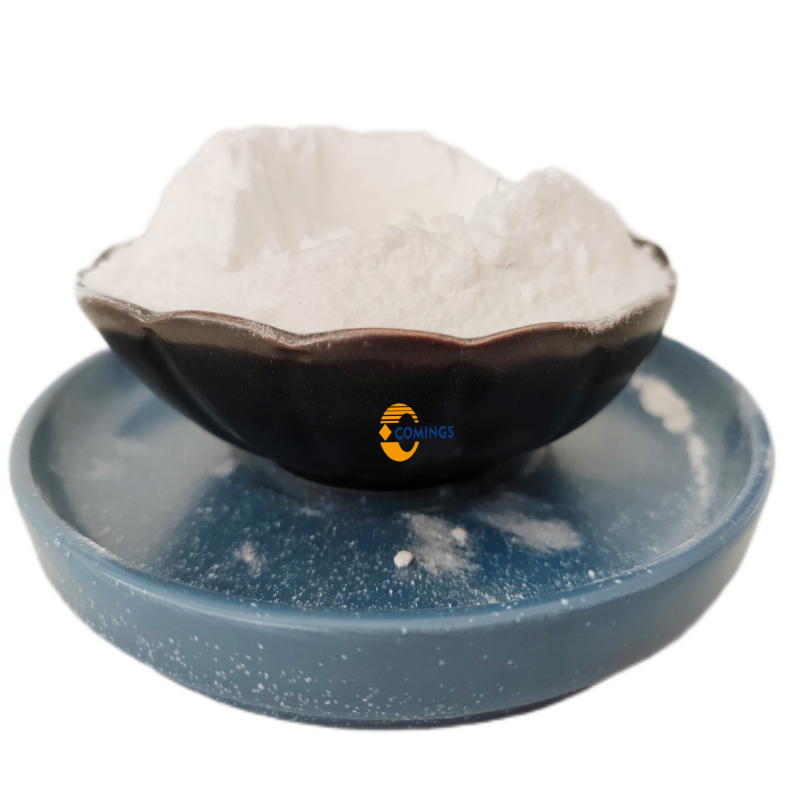-
Categories
-
Pharmaceutical Intermediates
-
Active Pharmaceutical Ingredients
-
Food Additives
- Industrial Coatings
- Agrochemicals
- Dyes and Pigments
- Surfactant
- Flavors and Fragrances
- Chemical Reagents
- Catalyst and Auxiliary
- Natural Products
- Inorganic Chemistry
-
Organic Chemistry
-
Biochemical Engineering
- Analytical Chemistry
-
Cosmetic Ingredient
- Water Treatment Chemical
-
Pharmaceutical Intermediates
Promotion
ECHEMI Mall
Wholesale
Weekly Price
Exhibition
News
-
Trade Service
years, research on sports changing the gut microbiome has become a hot topic. Previous studies have shown that exercise itself is enough to change the gut microbiome without changing any dietary conditions. Experiments in mice and humans have found that exercise promotes the production of short-chain fatty acids (SCFA), which reduce inflammation and maintain intestinal health.published today in Frontiers in Microbiology focused on the effects of endurance exercise on the gut microbiome. The study was carried out by researchers from the Institute of Biomedical Research at the University of Turku in Finland.How does endurance exercise affect gut bacteria?study lead author Eveliina Munukka said: "Recent studies have shown that exercise improves the gut microbiome. We wanted to see if endurance exercise affected the gut macrogenomy and body metabolites of overweight women without changing their diet. To , Munukka and his team designed a six-week bike endurance program three times a week and recruited 17 overweight women to participate in the study. Participants had a sedentary lifestyle until the study, but were healthy in other ways.intensity of endurance exercise was controlled by monitoring the participants' heart rate. Throughout the study, the women did not change their diet and lifestyle, so the study focused only on the effects of exercise.Munukka and his team used 16S rRNA sequencing to analyze the composition and function of the participants' gut microbiomes. Overall, at the end of the project, the researchers found a decrease in the number of proteobacteria, i.e. a decrease in gut bacteria with inflammatory potential. They observed an increase in the number of beneficial bacteria called Akkermansia, which is thought to be associated with improved metabolism.Past studies have shown that Akkermansia bacteria are more common in people who exercise regularly than those who exercise less. Some studies have shown that the bacteria can prevent obesity and diabetes.more research to demonstrate that Akkermansia regulates the health benefits of exercise," said Satu Pekkala Pekkala Pekkala Pekkala, a researcher at the Finnish Academy of Sciences and lead author of the study.effects on heart metabolic healththe researchers also found that phospholipids and cholesterol in VLDL (very low density lipoprotein) particles decreased with exercise."These changes are good for heart metabolic health," Pekkala explains. Because VLDL transports lipids from the liver to peripheral tissues and converts them into bad LDL (low-density lipoprotein) cholesterol in the circulatory system, it has harmful cardiovascular effects. In , endurance training also reduces the activity of vasoadhlytic protein 1 (VAP-1). The researchers believe this has an anti-inflammatory effect on the vascular system.also looked at changes in the genetic function of the bacteria that encode the gut. "The abundance of functional genes has not changed much, which is to be expected, because eating habits have not changed during exercise," Pekkala reported. If the training lasts longer, perhaps we can find more significant effects. ”






